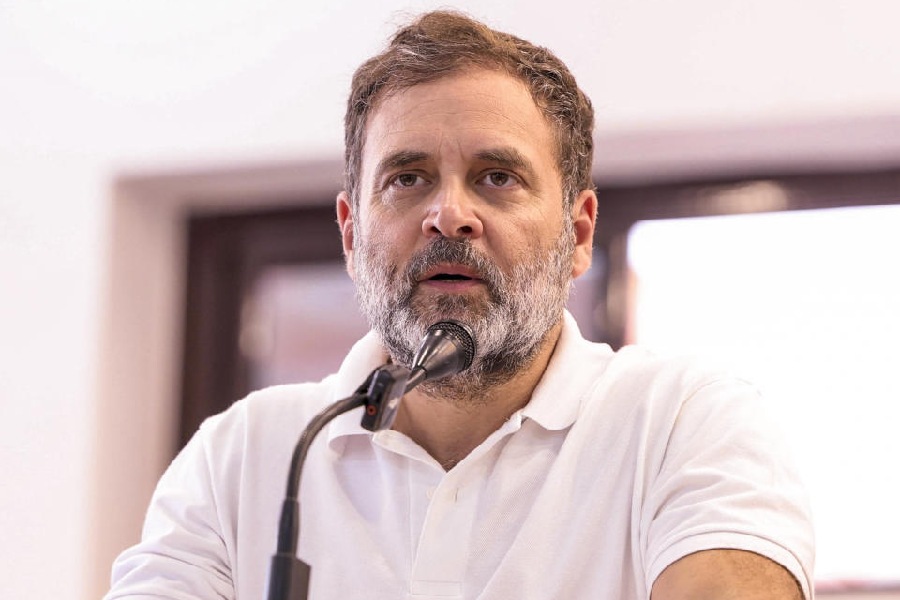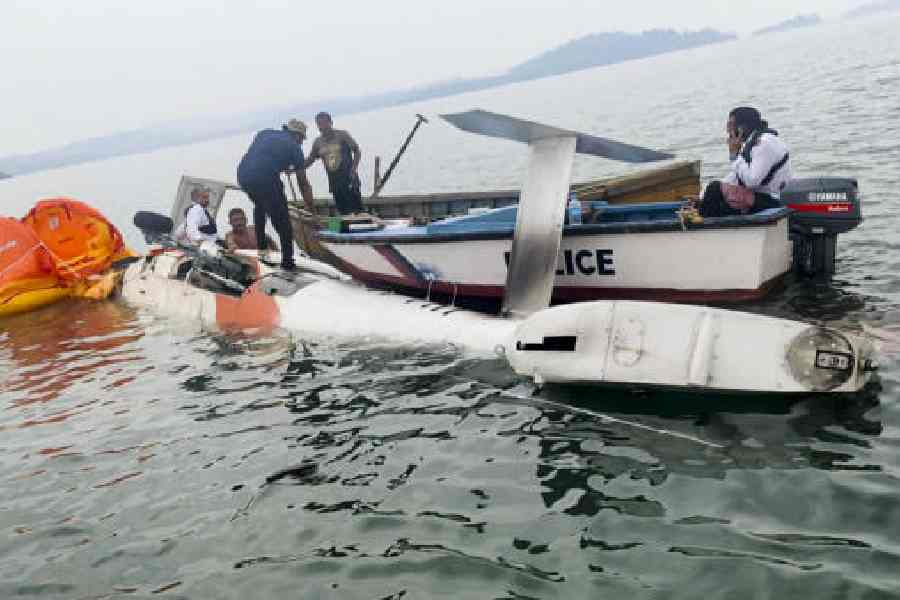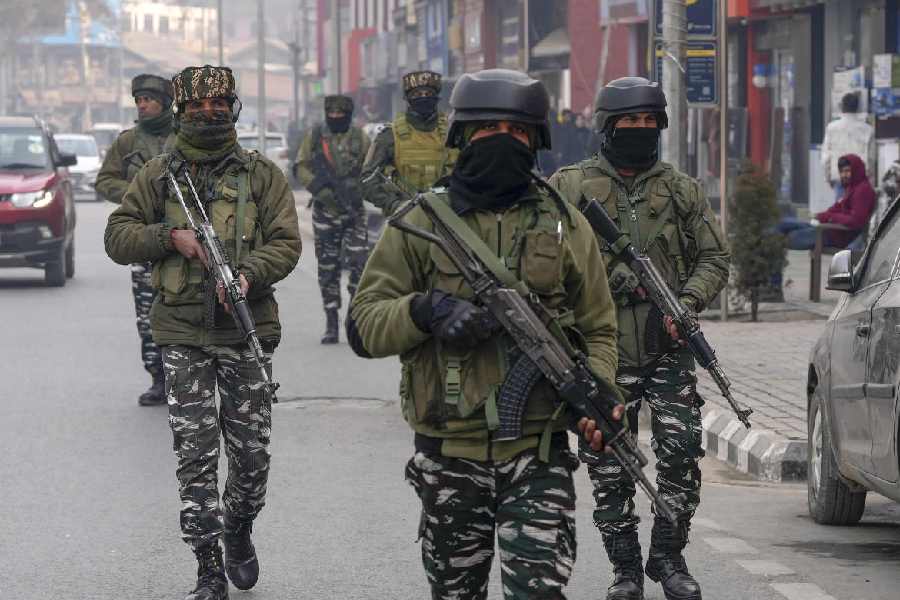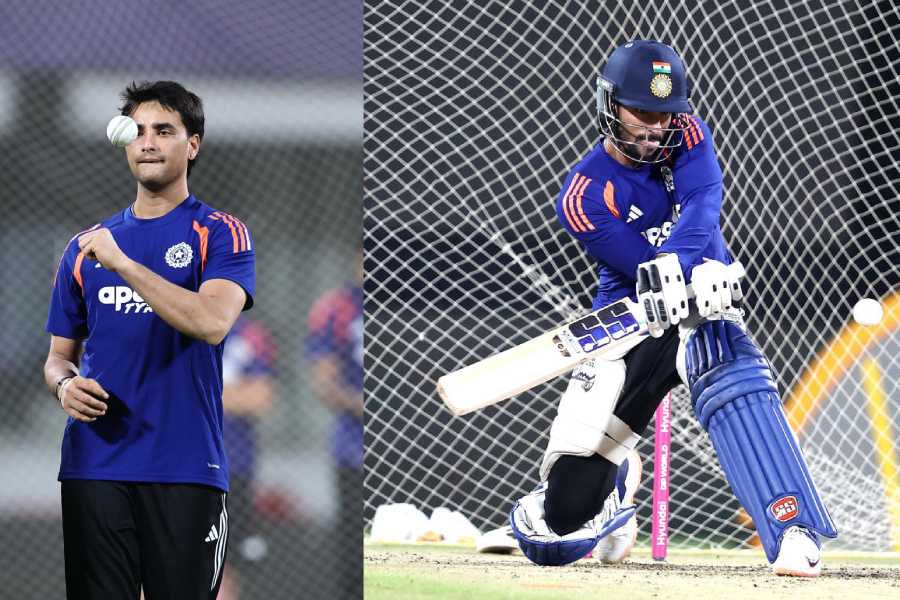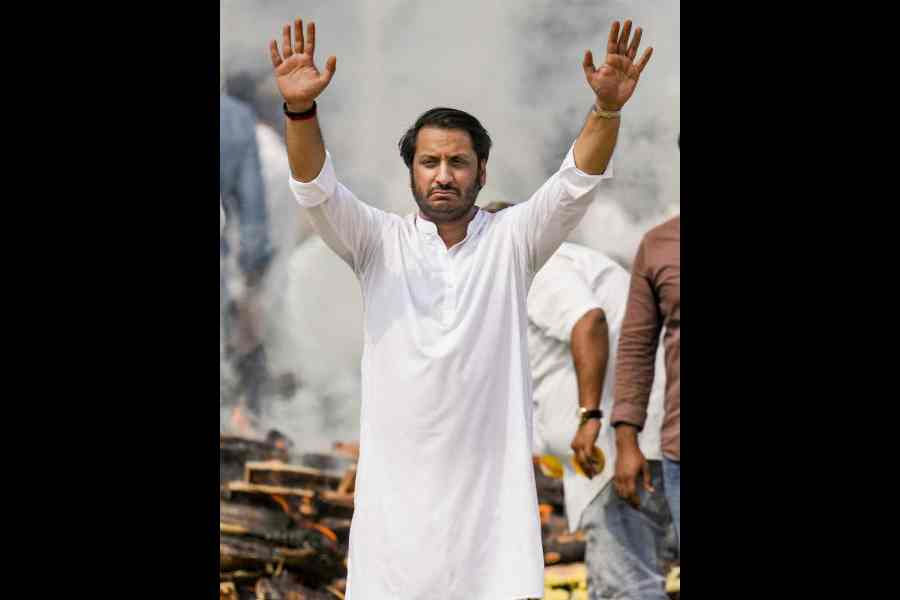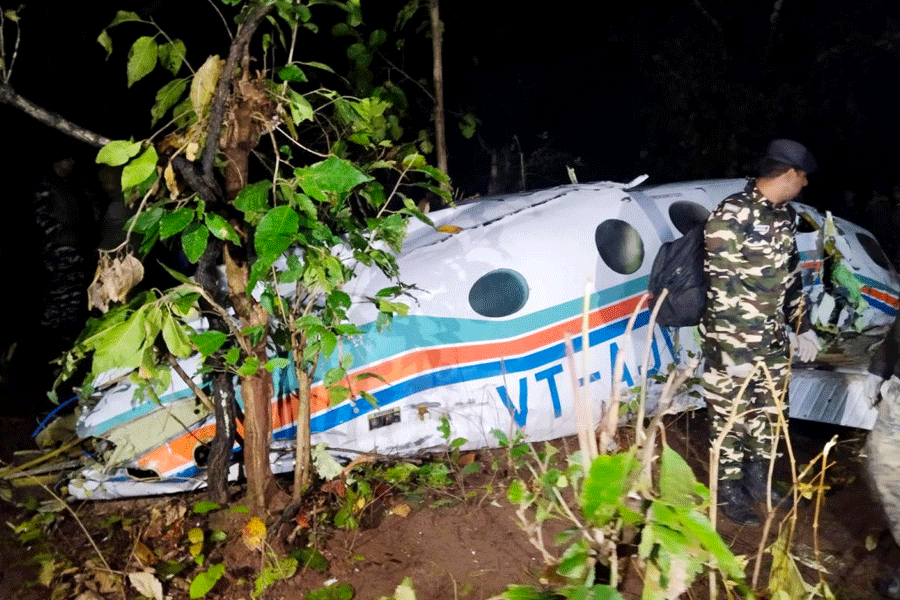Poor response has hit efforts by India’s apex health research agency to enhance the country’s pool of medical researchers through fellowship training programmes and to bring back Indian researchers from abroad, a Parliamentary panel has noted.
The Parliamentary standing committee on health has expressed concern that the Indian Council of Medical Research has under-utilised its allocated funds for human resource development in health research due to lack of sufficient proposals.
The panel, in a report analysing the ICMR’s funding patterns and utilisation, has also observed that its efforts to encourage Indian health researchers abroad has “paid little dividends” with only 10 researchers availing the offer over the past nine years.
“The department must analyse the scheme and find out why it has so few takers,” the committee said, urging the department of health research — ICMR’s parent agency — to create a conducive environment and offer lucrative prospects to Indian researchers abroad.
The ICMR’s human resource development scheme is aimed at enhancing the country’s pool of medical researchers by upgrading skills of medical college faculty, mid-career scientists, and medical students through fellowships and training.
The ICMR offers multiple fellowship programmes — for women, for young scientists, short-term and long-term fellowships for training within and outside India, among others.
But each year over the past three years, the ICMR has for its human resource development initiative used up lower than its allocated amounts even though the allocated amounts were themselves lower than the projected demand.
In 2019-20, for instance, the ICMR spent Rs 27 crore on fellowships and training although it had been available Rs 30 crore for such activities. In 2020-21, it used Rs 16 crore from the available Rs 18 crore. Until January this fiscal, it had used Rs 17 crore from Rs 27 crore.
The Parliamentary panel said it is “not satisfied” by the department’s explanation that it had not received sufficient number of proposals for the under-utilisation of the allocated funds, and called for steps to get scientists to submit more fellowship proposals.
A senior health researcher who requested anonymity said the panel’s observations are not surprising. “There is a perception that the ICMR is bureaucratic and lacks transparency in decision-making on the proposals it receives,” the researcher said.
For fiscal 2022-23, the ICMR has been allocated what it had projected — Rs 30 crore — for its human resource development initiatives and has set a target of awarding 148 fellowships.
Over the past nine years, the ICMR had awarded 621 fellowships across different categories.
The Parliamentary panel has also noted that faculty in most Indian medical colleges are largely engaged in teaching and clinical work with very few interested in pursuing research and asked the ICMR to find ways to incentivise high-quality medical research.


